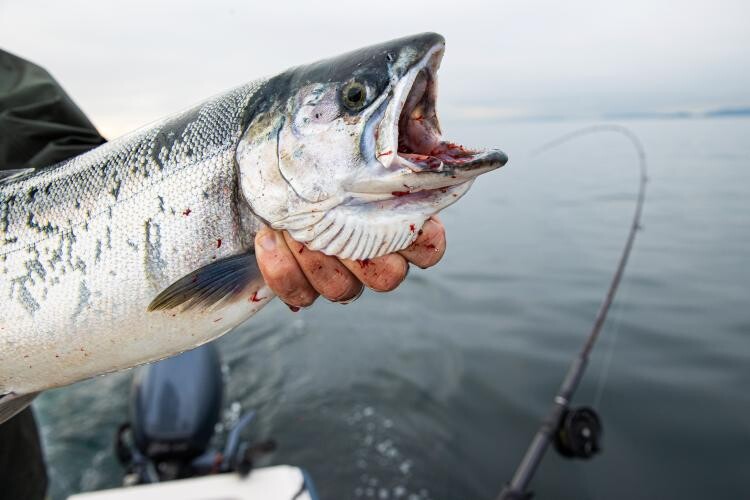On Friday, U.S. Secretary of Commerce Gina M. Raimondo announced the allocation of $12.2 million to address fishery resource disasters that occurred in Alaska’s 2022 Kuskokwim River salmon fishery, 2021 and 2022 Upper Cook Inlet East Side Setnet salmon fishery, and the Port Gamble S’Klallam Tribe’s 2021 Puget Sound fall chum and coho salmon fisheries.
According to NOAA Fisheries, Congress funded fishery resource disaster assistance in the 2022 and 2023 Disaster Relief Supplemental Appropriations Acts. The funds will improve the impacted fisheries' long-term social, economic, and environmental sustainability. The allocation may fund activities in support of commercial, recreational, tribal, and subsistence fisheries and other associated industries affected by the disaster.
Recently, U.S. lawmakers from multiple coastal states have introduced new legislation that would speed up the process of distributing fishery disaster payments to affected fishermen and processors. The Fishery Improvement to Streamline Untimely Regulatory Hurdles Post Emergency Situation Act (FISHES Act) would require the White House’s Office of Management and Budget to approve or deny state spending plans for fishery disasters within 30 days.
“Each year, we see how climate change continues to have severe impacts on the fisheries and ecosystems that are vital to our economy, and the Commerce Department is working to mitigate these impacts,” shared Raimondo. “This funding will assist with the recovery of salmon fisheries in communities across Alaska and Puget Sound by bolstering fisheries restoration efforts, minimizing the risk of future disasters, and helping build back stronger.”
NOAA Fisheries shared that they used commercial, processor, and charter fishery revenue loss information to allocate funding across eligible fishery resource disasters. They also considered the traditional, cultural, and ceremonial uses of fisheries resources, including subsistence, recognizing that these uses extend beyond what can be quantified solely through commercial revenue loss.
Janet Coit, the assistant administrator for NOAA Fisheries, shared, “Productive and sustainable fisheries are essential for nurturing our Blue Economy, generating employment opportunities, providing sustenance, supporting Alaska Native cultural traditions, and preserving the health of our ocean ecosystems. We are optimistic that these disaster funds will make a beneficial impact on the ongoing recovery of the affected tribes and fisheries.”
To read more about disaster funding, click here.







